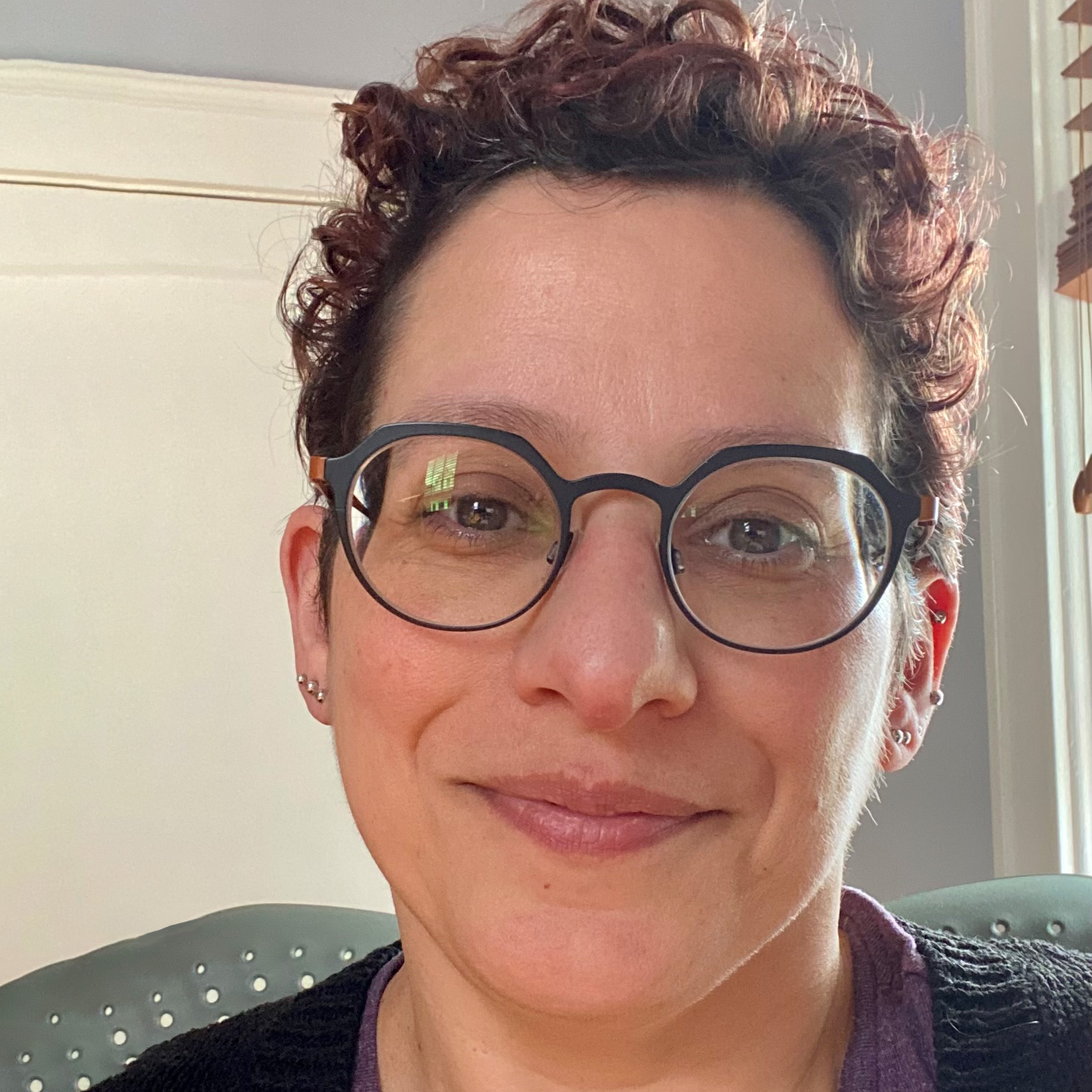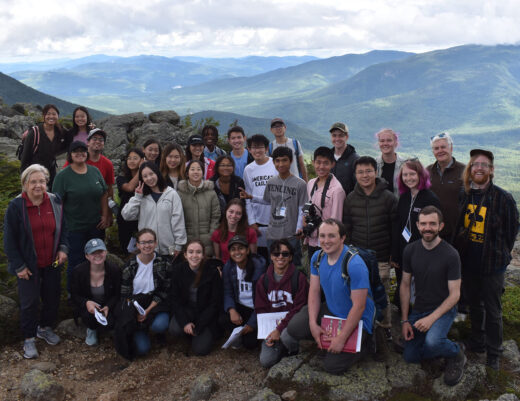First-Year Undergraduates

How do I become an EAPS major?
MIT first-year students choose a department for their major at the end of the spring term. The EAPS Education Office staff are happy to provide information about everything from classes and major requirements to UROPS and career possibilites, or to put you in touch with members of our faculty studying areas of particular interest to you.
Stop by anytime, or reach out to set up an appointment — we’d love to meet you!
Ready to declare?
If you are a current MIT undergraduate and are ready to declare for EAPS (Course 12), follow the instructions provided by the Registrar’s Office.
Not yet an MIT student, but looking to apply?
Prospective students interested in learning more about the MIT undergraduate experience and how to apply for admission should check out the Office of Undergraduate Admissions website. It’s full of information about everything from application criteria and educational costs to the quirky and inventive culture you’ll find at MIT — don’t miss the student-written blog section!
We’re here to support every aspect of EAPS academic programming and are an important part of our students’ support network, helping to connect you with resources and opportunities.
Prospective students, if you have a question about academic life at MIT, or want to arrange a visit, please don’t hesitate to reach out!
Note: While the 9th floor undergoes renovations, please email the EAPS Education Office to connect.

Ann Greaney-Williams
Assistant Director of Academic Programs
Phone: 617-253-3380
Email: agreaney@mit.edu
Co-chair of the EAPS Committee on the Education Program and responsible for administrating Course 12 undergraduate and graduate programming. Advises students regarding degree requirements, career options, funding, policies and procedures, and Institute resources for student support.

Alana Snelson
Senior Academic Program Assistant
Phone: 617-253-3381
Email: asnelson@mit.edu
Provides administrative support for the EAPS Education Office, including room scheduling, classrooms and supplies, reimbursements, Canvas sites, student appointments, and various forms, including grading and evaluations, registration, and thesis submissions.
Check back for this year’s activities!
Check back for this year’s activities!
Discover EAPS – FPOP
Our annual First-Year Pre-Orientation Program gives incoming first years the chance to explore all aspects of EAPS science — from weather and climate to geology and astronomy — in the lab on campus, high on Mount Washington in the White Mountains, and at MIT’s Wallace Astrophysical Observatory.

Undergraduate FAQs
Yes! Beyond the General Institute Requirements (GIRs), students must have satisfactorily completed 180-198 units, comprised of subjects in the major and unrestricted electives.
EAPS offers rigorous options in four areas of concentration which satisfy these requirements. Check out our program roadmaps for year-by-year examples of how you might construct your Course 12 degree:
- Earth Science Roadmap (PDF)
- Climate, Atmospheres + Oceans Roadmap (PDF)
- Planetary Science + Astronomy Roadmap (PDF)
- Environmental Science Roadmap (PDF)
To learn more about how you might develop a program of study, get in touch with the EAPS Education office.
The EAPS Academic Program Administrator matches majors to their academic advisor. After the department is notified about a new major, the Academic Program Administrator will typically send an e-mail to the student asking if they have a specific area of interest in EAPS. Matches will first be made based off of interests the student submits. In most cases, EAPS majors retain their advisors throughout their studies in EAPS.
Absolutely!
A double major in Course 12 can be a high-value addition to many other programs of study. Our interdisciplinary research teaches students to quantify and analyze complex natural processes and takes on some of the most profound questions of our time. In EAPS, you’ll gain critical problem-solving skills, jump-starting your pursuit of an advanced degree in any field, or a career as a leader in industry or government.
Common complementary degree tracks include: electrical engineering and computer science, civil and environmental engineering, aeronautics and astronautics, chemistry, biology, physics, and mathematics.
Course 12 students fulfill the Communication Intensive in the Major (CI-M) requirement in two ways.
- Take one required Lab + Field Subject, which is a requirement of the major:
- 12.115: Field Geology, and 12.116: Analysis of Geologic Data
- 12.307: Weather and Climate Laboratory
- 12.335: Experimental Atmospheric Chemistry
- 12.410J: Observational Techniques of Optical Astronomy
- Complete your thesis while registered for at least 6 Units of 12.THU
Ready to collaborate with EAPS faculty and scientists on exciting, real-world research?
